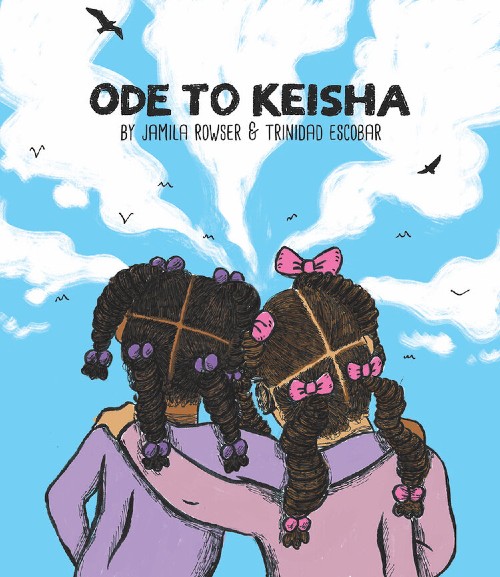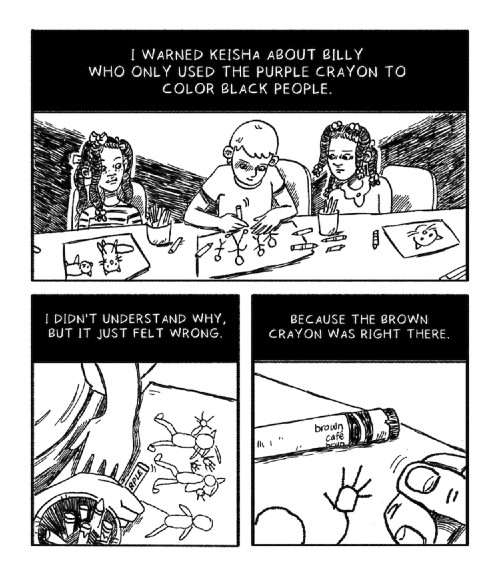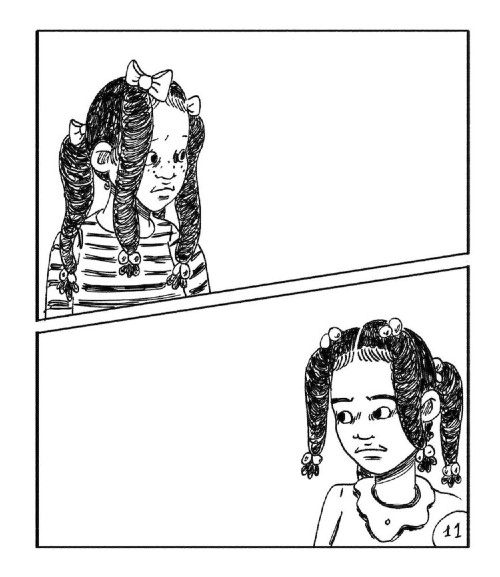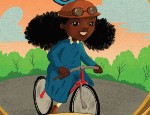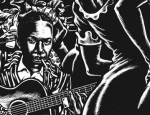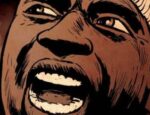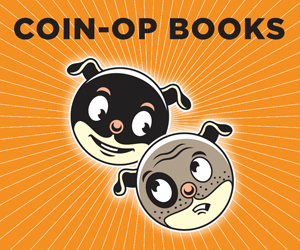Many of us can no doubt remember that one special friend from our childhood whose presence in our lives became such a vital and important experience that years (or even decades) later just the memory of them is enough to transport us back to those long-gone formative days. Jamila Rowser and Trinidad Escobar celebrate one such friendship in Black Josei Press’s new comic Ode to Keisha but with the added layer of also exploring that connection through the lens of race and identity; looking at how those latter aspects shaped the former.
Rowser’s autobiographical story works on two levels giving us both a commentary on events in hindsight but also taking us directly into her childhood incarnation’s view of the world on a more immediate level. Ode to Keisha is set in the early 1990s in the international school in the Netherlands that Rowser attended as a child. As the previously only Black child in the school she is instantly drawn to new girl Keisha whose presence allows her to embrace her identity in a more profound way.
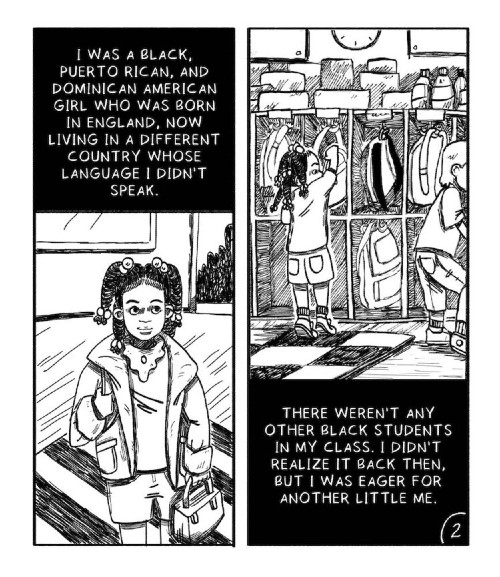
The duo’s closeness allows a more intimate understanding of the casual racism surrounding them. Both possibly unwitting, as in the case of the ignorance of fellow students, and that which is obviously overt, as with a school appearance of the Zwarte Piet character, whose Blackface make-up is still a part of Dutch Christmas festivities (those wanting to see more commentary on the offensiveness of this custom from a Black comics creator should check out our review of Chad Bilyeu’s Chad in Amsterdam series, as the fifth issue devotes much of its contents to reflections on this subject).
It’s a very simple plot on one level but it’s that same narrative clarity that makes it all the more eloquent in its delivery; its succinctness giving it a quiet power that draws us into events on a directly empathetic level that an exposition-led approach would have risked losing. The creative chemistry between Rowser and artist Trinidad Escobar is something to behold with Escobar’s loose realism a perfect fit for the autobio/slice-of-life strands of storytelling. Indeed she provides a wonderful evocation of a child’s eye view of the world, especially in terms of visual characterisation. The knowing looks between the young Jamila and Keisha, and the sense of camaraderie and later joy in their company particularly standing out. The frequent shifts into one-pane pages also invite us to dwell on key moments in the story and immerse ourselves in the feelings they evoke.
Concluding with a joyous coda that is replete in layered meanings, Ode to Keisha combines explorations on identity with reflections on the ingrained nature of societal oppression, alongside a tribute to the friends who have had the profoundest influences on our lives. Another impressive comic from Black Josei Press whose output continues to remind us that comics really is the most articulate art form when it comes to communicating the complexities and realities of the lived experiences of others.
Jamila Rowser (W), Trinidad Escobar (A) • Black Josei Press
Review by Andy Oliver





